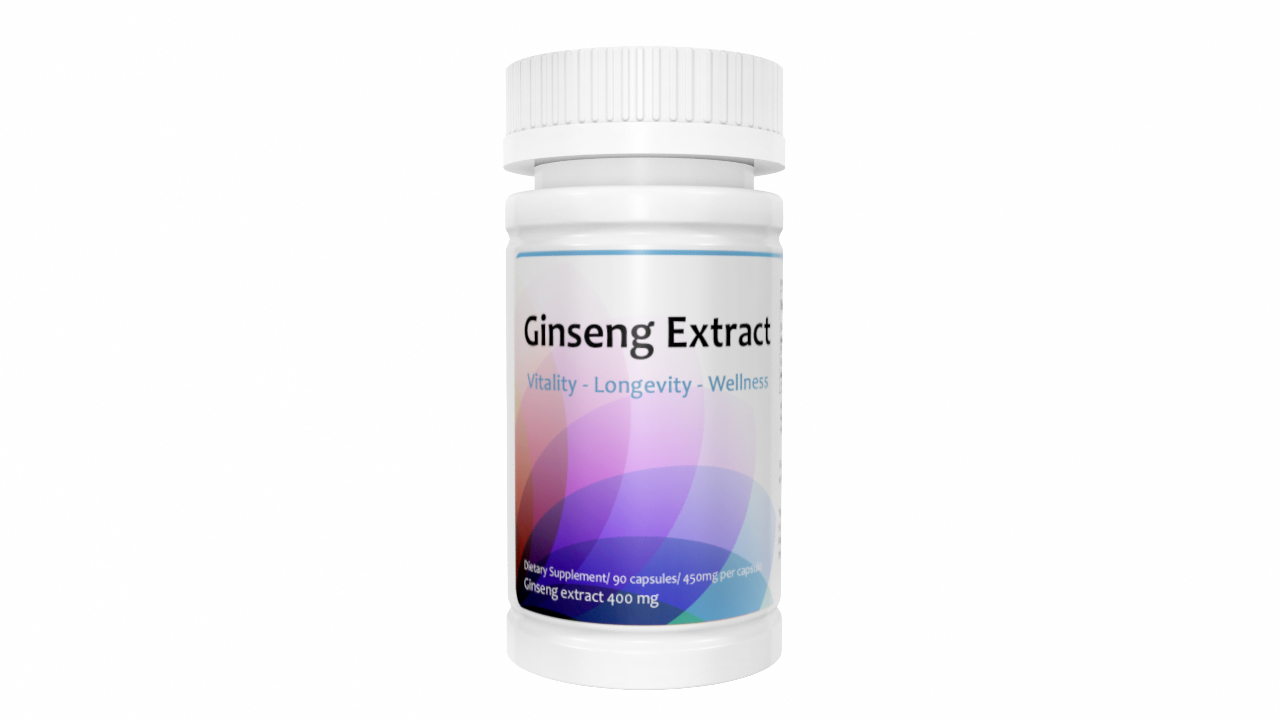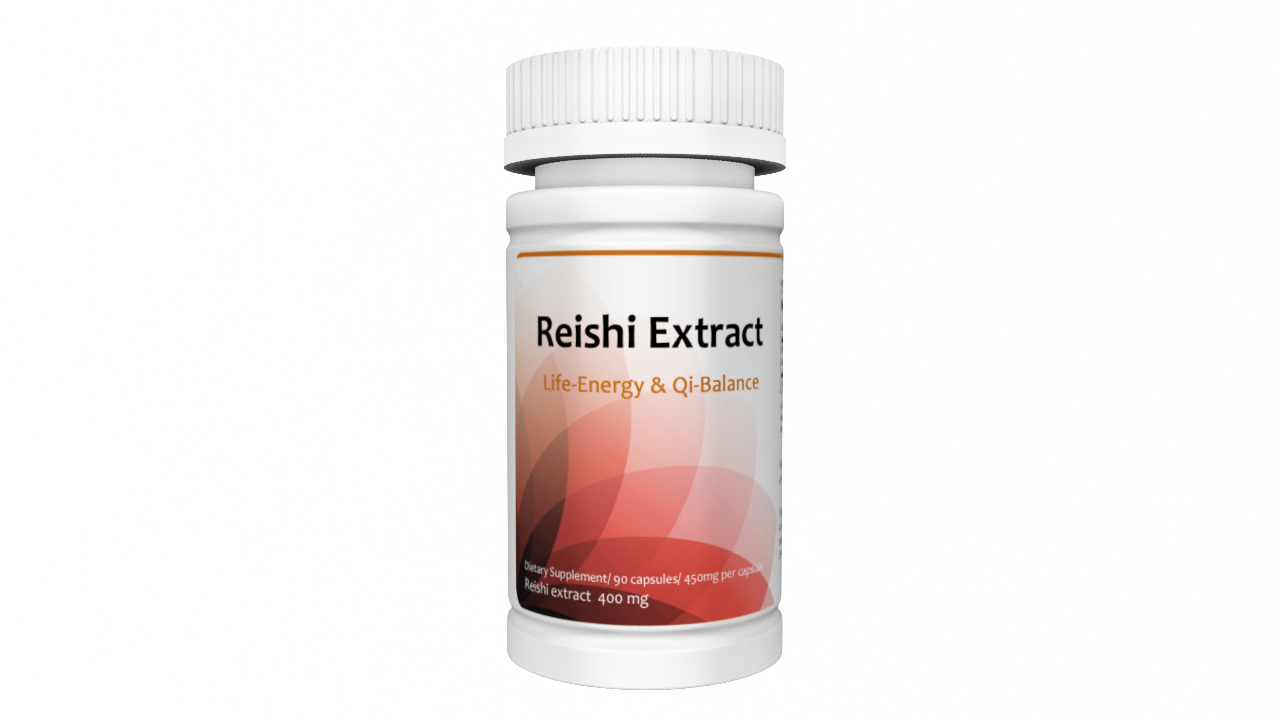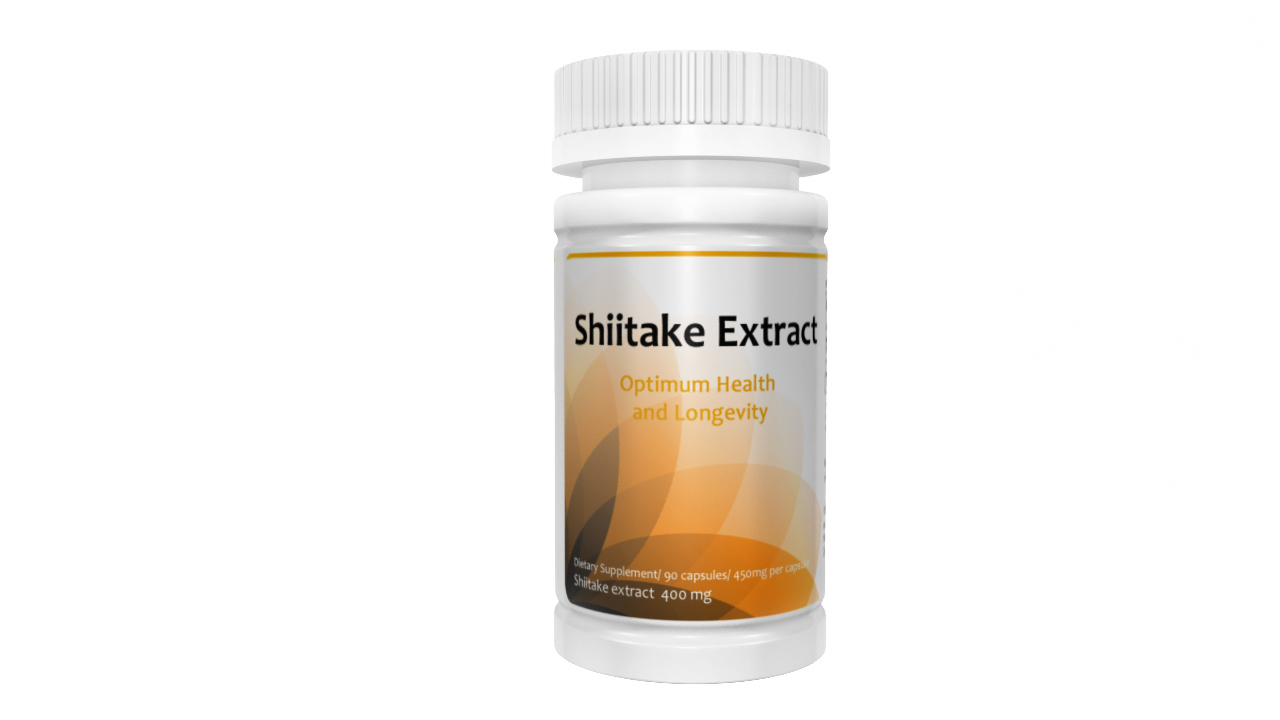Cordyceps Anti Aging & Longevity Effect
The use of Cordyceps to slow down the processes associated with ageing and senescence is centuries old.
During the ageing process, considerable numbers of oxygen-free radicals occur, which cause oxidative damage to cells. Research has shown that Cordyceps can prevent the formation of peroxide and lipids and prevents or decreases the formation of oxidised enzymes in the brain. This ability to scavenge oxygen-free radicals makes Cordyceps a powerful anti-ageing herb.
Dr Andrew Weil, MD, in an interview to Time magazine, recommended Cordyceps as a remedy that promotes longevity by increasing levels of naturally produced antioxidants.
The Cellular Basis of Ageing
During ageing, the body goes through certain stages and processes. We are all familiar with the changes of the body that occur with ageing – wrinkling of skin, greying of hair, lessened muscular strength and diminished sensory functions such as decreased vision and hearing are almost universal phenomena. Other consequences of ageing are less predictable. For example, some people show progressive dementia in their early 60s while others remain mentally alert even into their 80s. Because a prolonged life free of the debility of disease has always been the dream of mankind, ageing has been a constant area of scientific inquiry.
Over the years, scientists have been examining human cells and bacteria to uncover the cellular effects of ageing, paying extra attention to genes and proteins. Proteins are important structural and functional molecules in cells. A subdivision of a DNA molecule of a chromosome – in other words, a gene – controls the synthesis of each protein molecule. A single DNA molecule has a group of genes. Some genes control protein synthesis, and some activate or deactivate other genes. Scientists are still progressing in mapping all the human chromosome genes and have developed numerous hypotheses to explain the life span of a cell.
While there are many views on ageing, there are three fundamental hypotheses that are accepted by many medical professionals:
- Programmed cell death
- Oxidation reaction
- Suboptimal hormone levels
Programmed Cell Death
You can think of chromosomes as the software that was installed on your computer with a free 30-day trial period, which will be deactivated at the end of the 30-day trial period if you do not purchase it before then. The ‘programmed cell death’ hypothesis holds that some genes will initiate cell death at the end of the cell’s life span. These ‘suicide’ genes have been isolated. Other genes were found to be able to rescue the cell from the action of the death genes. Scientists have succeeded in using these rescue genes to extend the life span of cells.
‘Error Accumulation’ or Oxidation Reaction
This hypothesis can also be explained using the computer analogy. Every computer can crash, because of some kind of an error or instability of the power line or some other reason. The computer can automatically search the corrupted file and repair itself. In regards to a DNA molecule, it can be damaged either by spontaneous change (mutation), by environmental agents such as radiation, by accumulation of toxic waste products in the cell or simply by errors introduced during copying of the genes. In the same way as a computer, DNA can repair this damage, but when the repair is incomplete or imperfect, abnormalities in DNA will accumulate and may contribute to the ageing process or lead to various disorders.
One group of potentially damaging chemicals produced by cells is called ‘free radicals’. Normally, oxygen molecules take up those free electrons that are products of chemical reaction in the cells and then combine with hydrogen atoms to produce harmless water. When this process fails, excess electrons will join up with other molecules, forming free radicals, which can eventually damage DNA molecules. The research shows that enzymes can destroy free radicals and increase life span. In addition to enzymes, cells also fight free radical damage with antioxidants.
Free radicals can also be ingested into the body through smoking, eating certain foods, air and water pollution, x-rays, sun exposure and a variety of other poisons we come across on a regular basis.
Current research in cell and molecular biology has revealed some of the aspects of ageing process even prolonged the life span of some microorganisms. However, studies suggest that regular activity, a healthy diet and mental stimulation may help abate the deterioration of ageing.
Suboptimal Hormone Levels
As people get older, some hormones begin a steep decline, which has a strong correlation with many visible ageing signs and symptoms. Some of these hormones are human growth hormone, melatonin, DHEA, androstenedione, testosterone, oestrogen and progesterone. Conversely, levels of insulin can rise, causing adult-onset diabetes. A substantial increase in the stress hormone (cortisol) is also common.
Thyroid hormone usually does not decline with age. However, a number of medical specialists claim that a slow functioning thyroid can speed up ageing and heart problems. This hormone also helps keep your body firm and active and assists in burning fat. A decline in this hormone can result in the accumulation of fat around the belly area.
The hormone that stimulates the growth of human tissues is commonly known as human growth hormone (HGH). Development of our internal organs, muscles, skin, bones and nerves is stimulated by the levels of the human growth hormone. As people grow older, the level of HGH slows down and therefore their growth also slows down.
Some studies show that melatonin can help reduce the chances of getting some types of cancer. Melatonin is also an agent that assists the body to sleep. One reason people over the age of 60 find it difficult to sleep is because of decreased levels of melatonin. DHEA is the building block of both testosterone and oestrogen. DHEA improves the function of the immune system and brain.
Progesterone, testosterone and oestrogen perform many important tasks in the body. They help build bones, skin and muscle; improve sex drive; safeguard our hearts from attacks; aid in maintaining our physical and psychological attractiveness; and ensure that our minds are sharp. Thyroid hormone helps to maintain healthy energy metabolism. The spare tyre that forms around our bellies at middle age is related to hormonal changes. This is one of the main reasons why diets often fail.
In addition, high blood sugar levels that are associated with ageing may cause diabetes, pre-diabetes and syndrome X. When insulin resistance occurs, both insulin and blood sugar eventually rise. As a result, the excessive blood sugar penetrates into the body’s tissues, damaging them with advanced glycation end-products (referred to as AGE). Unlike other hormones, cortisol levels don’t decline with age. Excess levels of this stress hormone are catabolic and literally eat you up inside.











